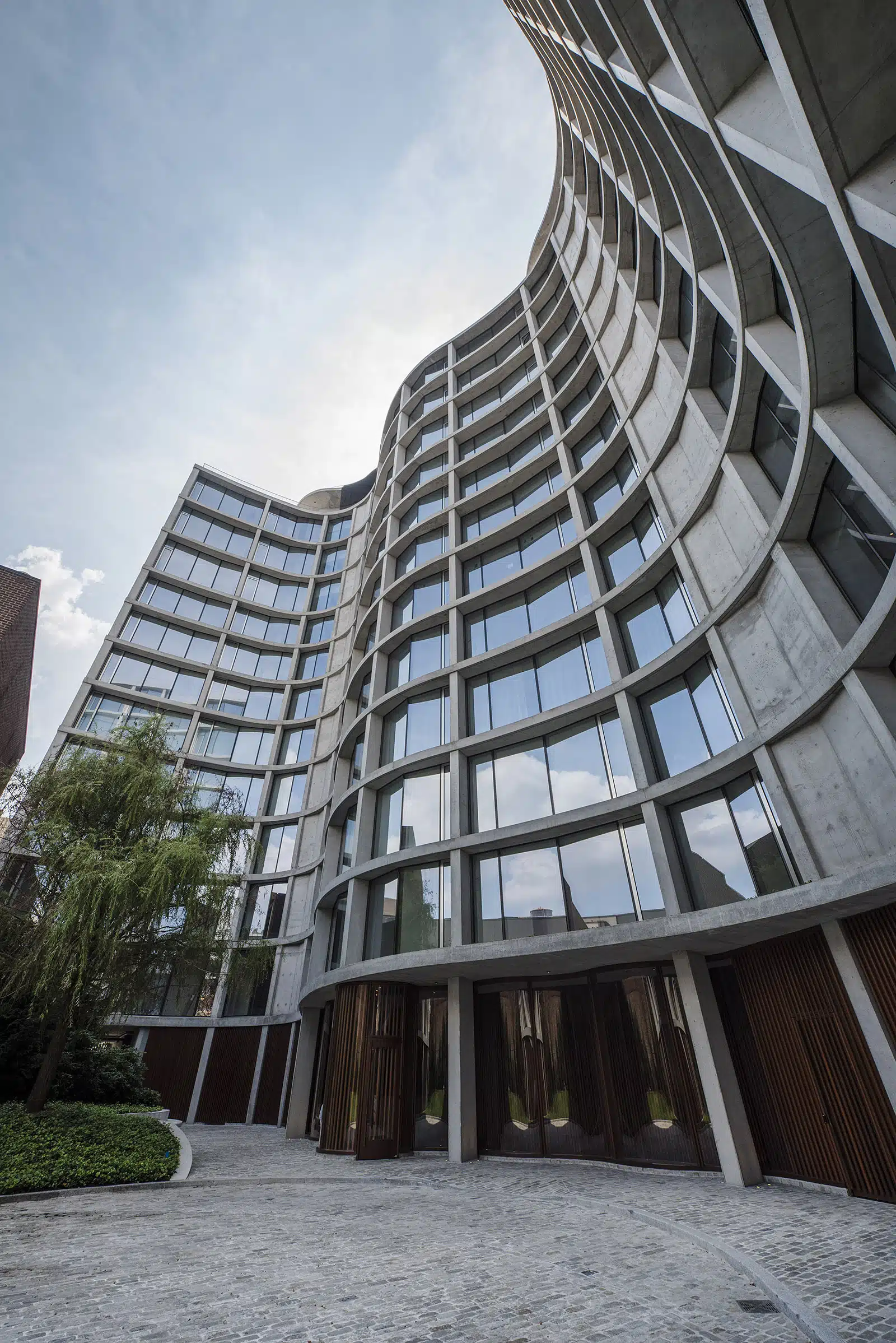An Exclusive Buyer Agent can help you find excellent real estate investment opportunities. Your EBA will also provide strategic market guidance and fiduciary representation, helping you obtain the property at the best price and terms that serve your interests.
If you’re just getting started in real estate investing, begin by deciding the profit goals you have, as well as your tolerance for risk. Then choose the best investment strategy for your purposes. Here are some options to consider:
Buy-and-Hold
This long-term strategy for rental properties accomplishes two things – monthly cash flow and asset appreciation. The monthly rent should be more than enough to cover any mortgage expense, as well as property taxes, insurance, maintenance and repairs.
Hiring a property manager could be worth every penny. You would need to factor this cost into your equation as well. The goal is to generate positive cash flow from your property, which becomes a source of income.
While you enjoy the positive cash flow from your rental property, your property should also gradually improve in market value. This will enable you to sell for a profit at a future point.
Flip
The art of “flipping homes” generally involves buying a home that needs some work, making the necessary repairs and updates, and then placing it back on the market. Flipping is a short-term investment strategy that is focused on making quick lump-sum profits.
For those who can do much of the repair work themselves, flipping can provide an attractive profit margin. For those who need to hire out contractors to do the work, the profit margins are slimmer, and the risks of running in the red, greater. Successful flipping requires a strong understanding of home condition issues and their costs of repair.
Flipping also works best in locations where home demand is strong. A buy-and-hold strategy can ride out market fluctuations, but home flippers can be caught off-guard by sudden dips in values.
Commercial Property
Those who are new to real estate investing might shun commercial property, but there is a world of opportunity here for the buy-and-hold investor. A property with 5 or more units is considered a commercial property, which has different mortgage underwriting criteria than 1-to-4 unit properties.
Basically, commercial mortgage underwriting looks at the merits of the property, more than the income and debt of the buyer. This can make qualifying a bit easier in some respects, but there are a few drawbacks. The down payment requirements are typically larger than a residential mortgage, and the amortization period isn’t as long. The interest rate tends to be higher.
SBA (Small Business Administration) loans are available to investors when purchasing a qualifying commercial property. SBA loans require lower down payments than some commercial mortgages, and offer attractive terms.
With multiple units and tenants, a commercial property offers greater monthly cash flow and a better hedge against vacancies. In fact, it is usually profitable for a large apartment building to have a vacancy rate of 10%, while charging the highest rent the market will bear.
Ready to invest in real estate? Make an Exclusive Buyer Agent your partner during property acquisition to ensure educated decisions and full representation.

